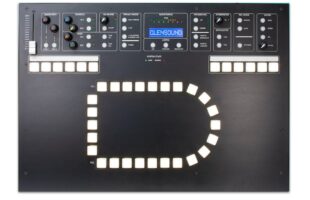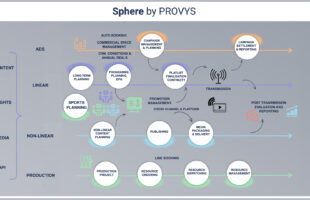Hong Kong – The International Telecommunication Union (ITU) has decided to preserve C-band spectrum for satellite TV services in Asia to prevent wireless systems interfering with cable and satellite signals. The landmark decision was made by 191 UN member states at the UN-led ITU World Radio Conference (WRC), and is expected to facilitate further development of new markets and services for satellite services. Convening at the WRC in Geneva on Nov. 16, the Union ruled that non-interference of the C-band in Asia was essential to preserve quality broadcast communications including mainstream satellite and cable TV platforms, mobile communications, Internet delivery and disaster recovery communications. The Union also assured regional satellite operators that future International Mobile Telecommunications (IMT) networks will be protected. Trials have shown that the wireless systems including Wimax within the range of 3.4 – 4.2 GHz C-band spectrum have caused satellites to be unable to function across the entire band, as well as widespread disruption of transmission signals. “This much welcomed international endorsement provides our industry the assurance of a secure future for much anticipated market growth and services developments in the years to come,” said Simon Twiston Davies, CEO of CASBAA, which represents 128 Asia Pacific satellite and cable TV providers.
Ad – Before Content
Related Articles
- Latest Movies and Series Premiering on MAX this January
An unrivalled and highly elusive lone assassin, the Jackal, (Eddie Redmayne) makes his living carrying out hits for the highest fee. But following his latest kill, he meets his match in a tenacious British intelligence officer (Lashana Lynch) who starts to track down the Jackal in a thrilling cat-and-mouse chase across Europe, leaving destruction in its wake.
Keshet International sells Tuesday’s Child TV’s The Hit List to M6 Groupe in France
Glensound Debuts European Parliamentary Broadcast System at ISE 2025
- PROVYS Technologies Reports an Active and Successful 2024
Screenshot
ZEE5 Global announces the World Digital Premiere of The Sabarmati Report
CBC announces Ioanna Roumeliotis as new host o THE FIFTH ESTATE








